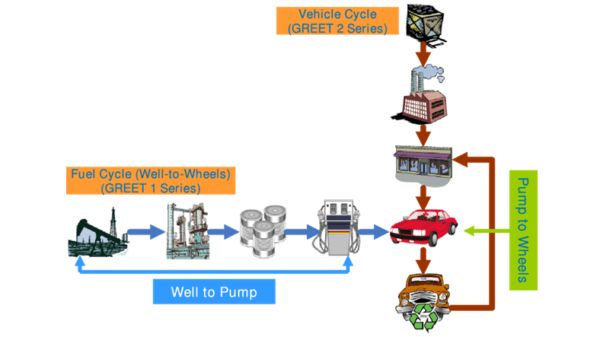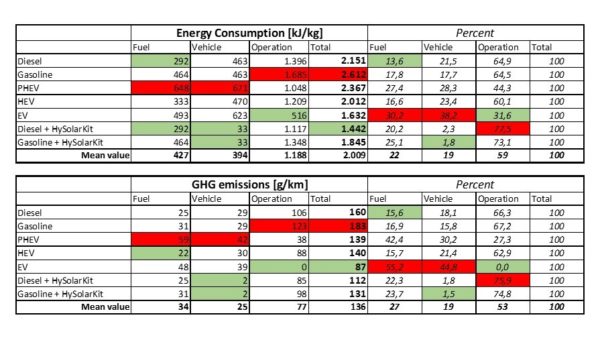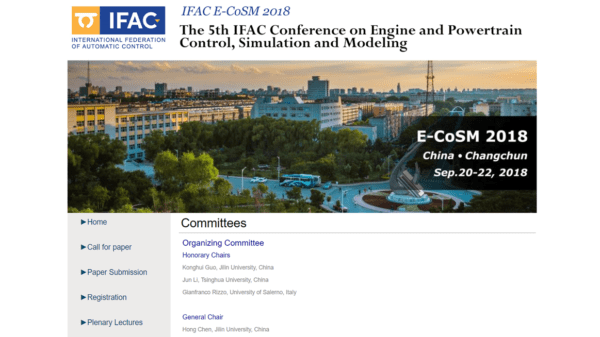ECOSM 2018: the conversion of a conventional car into an ecologic vehicle is one of the best short term options in terms of energy consumption and CO2 emissions, apart its economic convenience for the customer

This is the result of a study presented by a team of researchers of the university of Salerno (Francesco Tiano, Gianfranco Rizzo, Silvio Landolfi, Giovanni De Feo) at ECOSM 2018 (5th IFAC Conference on Engine and Powertrain Control, Simulation and Modeling). This conference, focusing on academic and industrial research on automotive and transportation, is born in France ten years ago, and in the last years moved to USA and Asia. The 2018 edition, where Rizzo has been appointed as Honorary Chair, has been held in Changchun, Nort- East China, from 19 th to 22 nd September, 2018.
The research has been performed using the software GREET, developed at the Argonne National Laboratory of USA. The tool allows to analyze the Life Cycle Assessment (LCA), considering the entire lifecycle of different kind of vehicles, both conventional and alternative.
The analysis is not limited to the operation of the vehicle, including also the “Fuel Cycle”, accounting for energy consumption and CO2 emissions related to the whole path of the fuel (or of electricity) from the primary source to the car. Furthermore, the tool analyzes also the “Vehicle Cycle”, so considering the impact of the whole process of construction of the vehicle, from raw material extraction to manufacturing, up to the dismissal.

The scenario analyzed by the researchers compares three different kind of options for a driver owing a conventional car, fueled by gasoline or diesel keeping his car, dismissing the old car buying an electric, hybrid or plug-in car or converting his car into an ecological vehicle.
In the study, the conversion would be realized by the system developed and patented by the Italian researchers that, adopting two electric motors in the rear wheels, an additional battery and photovoltaic panels, could permit saving up to 20% for fuel consumption and emissions in a typical urban driving, also enhancing acceleration.
This work is being performed within the project LIFE-SAVE (Solar Aided Vehicle Electrification LIFE16 ENV/IT/000442), financed by the European program LIFE, with the participation of eProInn and of the industrial partners Landi, Mecaprom and Solbian.
The vehicle conversion allows to significantly reduce the impact of energy consumption associated to the construction of a new vehicle and to the parallel anticipate dismissing of the previous car, representing around 20% on the whole energy and emission impact of the vehicle life cycle.

The reconversion of the vehicle is in agreement with the three R’s representing the pillars of the sustainability: the Reduction of fuel consumption and CO2 emissions, the Recycle of vehicle and components and the Reuse of a vehicle often still in good conditions, so avoiding a premature dismissing.
The paper is available at this LINK.

